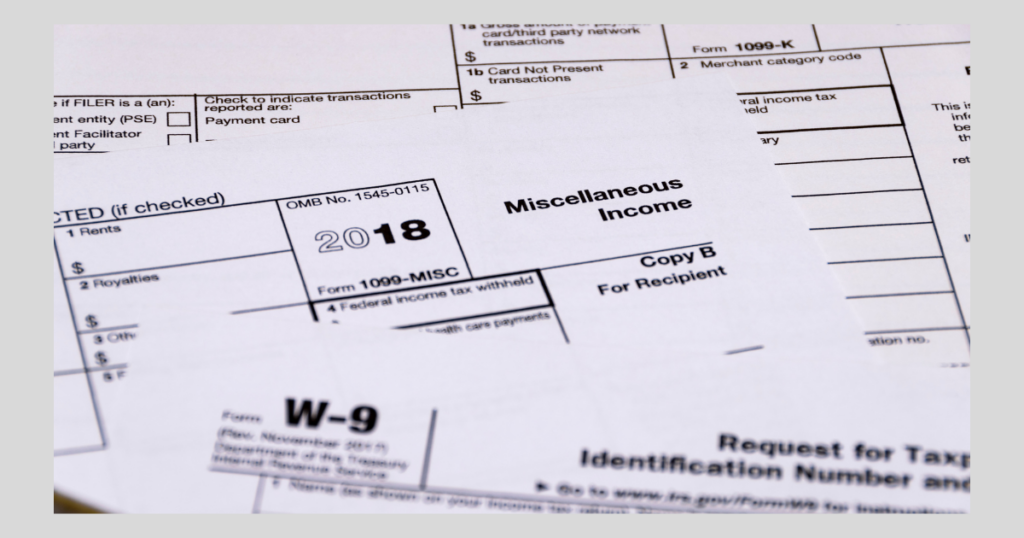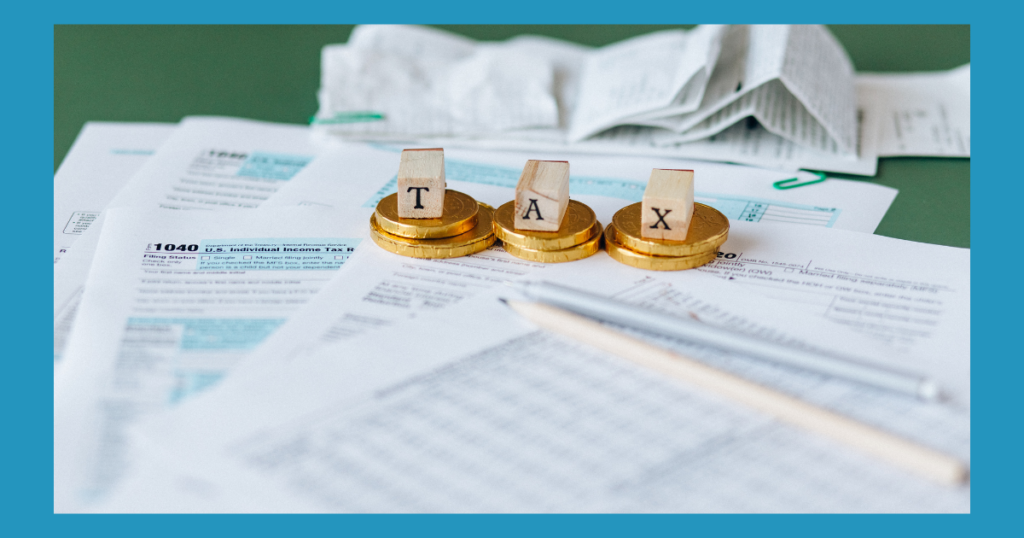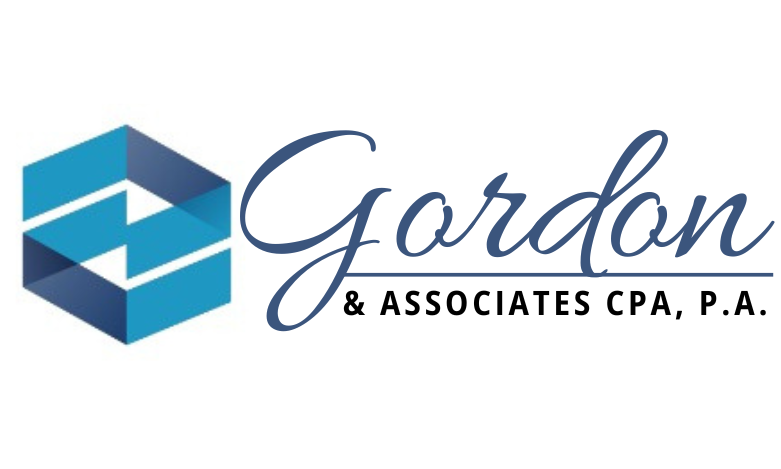Unrealized Gains Tax: One Important Thing to Know Now

Unrealized gains, or paper profits from investments that haven’t been sold, have long been untaxed. However, discussions about potential taxation on unrealized gains could significantly impact investors, affecting cash flow, long-term strategies, and estate planning. If such policies are implemented, investors may need to reassess how they manage their portfolios and tax liabilities.
Understanding the Impact of New Tax Legislation on Small Businesses

Recent tax legislation brings significant changes for small businesses, including adjustments to deductions, expanded tax credits, and modified tax rates. These changes affect cash flow, compliance, and strategic planning, making it essential for business owners to stay informed. Proactively updating tax strategies and consulting a professional can help businesses maximize benefits and navigate new tax obligations effectively.
Top 5 Tax Deductions Every Small Business Owner Should Know About

Maximizing tax deductions is essential for small business owners looking to reduce taxable income and increase savings. Key deductions include home office expenses, business vehicle costs, employee salaries and benefits, equipment purchases, and professional services. Keeping accurate records ensures compliance and maximizes tax benefits.
The Role of Tax Planning in Building Long-Term Wealth

Effective tax planning is essential for wealth-building, helping individuals and businesses reduce taxable income, maximize deductions, and leverage tax-advantaged investments. Strategies like retirement contributions, estate planning, and tax-efficient investing can significantly lower tax burdens and accelerate financial growth.
Year-End Tax Planning Strategies to Reduce Your Tax Bill

Proactive year-end tax planning is key to reducing your tax liability and maximizing savings. Strategies like maximizing retirement contributions, leveraging bonus depreciation, harvesting capital losses, and donating to charities can help individuals and business owners lower taxable income and prepare for a smooth tax season.
Why Tax Planning is Critical for Small Business Success

Tax planning is a vital tool for small business owners looking to reduce tax liabilities, improve cash flow, and drive long-term growth. Proactive planning helps minimize tax burdens, ensures compliance, and unlocks valuable deductions and credits. With a well-crafted tax strategy, you can reinvest savings into your business and secure a stronger financial future.
Unlock Hidden Tax Savings: How Cost Segregation Can Boost Your Cash Flow

Cost segregation is a powerful tax strategy that allows real estate investors and business owners to accelerate depreciation deductions, increase cash flow, and reduce tax liability. By reclassifying property components into shorter depreciation periods, you can unlock immediate tax savings and reinvest in your business.
Understanding 1099 Forms and Your Obligations

1099 forms are essential for reporting non-employee income, such as payments to freelancers, interest, and dividends. Business owners must issue 1099s to qualifying recipients and file them with the IRS, while individuals must report any 1099 income accurately. Failing to comply can lead to penalties, making it vital to understand your responsibilities.
The Importance of Tax Preparation: A Guide for Individuals and Businesses

Tax preparation is more than just filing paperwork—it’s a vital part of your financial health. Proper tax preparation helps avoid costly mistakes, maximize deductions and credits, and ensure compliance with ever-changing tax laws. Whether you’re an individual or a business owner, staying organized and planning ahead can save you time, reduce stress, and improve your financial outcomes.
Top Tax Planning Tips for High-Income Earners

High-income earners face unique tax challenges, but with strategic planning, you can reduce your tax burden and grow your wealth. Maximize contributions to tax-deferred accounts, explore tax-efficient investments, leverage charitable giving, and plan for estate taxes to optimize your financial strategy.

